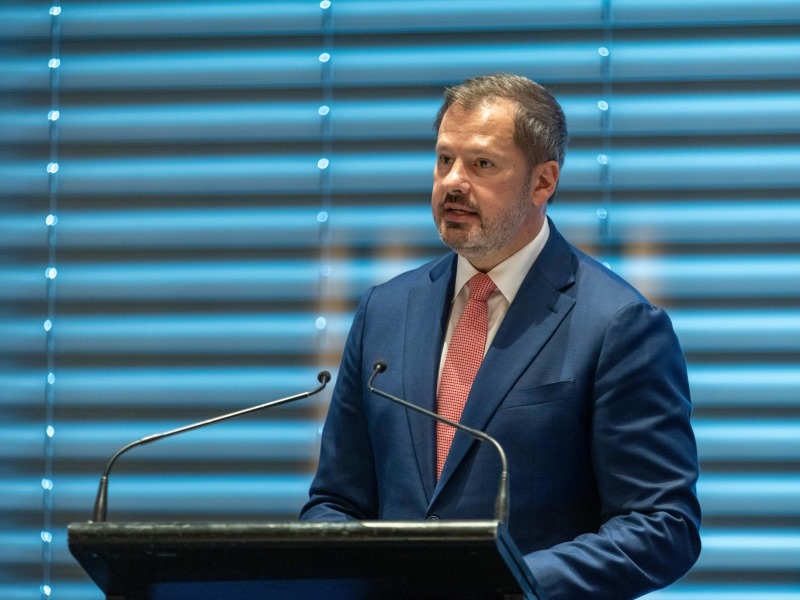Days out from a federal election and almost nothing has been uttered on tech policy in a month-long campaign, with political leaders overlooking or undercooking transformative issues like artificial intelligence, digital infrastructure and regulation.
Voters could be forgiven for not realising that Australia is a contender in the global race to build the world’s first commercially useful quantum computer, is staring down an expected $26 billion surge in data centre and AI infrastructure investment, and is about to launch an orbital rocket from Queensland.
They may also be unaware that landmark reforms to privacy, AI and automated decision-making are finally nearing the end of a half-decade journey, and that Australia will – again – be the guinea pig in world-first effort to make platforms support news media.

If you’re lucky, you might have caught the Treasurer linking data centres to the energy transition, or Industry minister Ed Husic doling out innovation grants alongside a local MP.
But for the most part, the 2025 election has been devoid of any serious contest on technology or science policy, with neither side of politics interested or willing to risk a Donald Trump salvo.
Filling the void have been new examples of old tech traps. It has also exposed more signs of economic opportunities for Australia that are being allowed to slide past.
Elections and the torrent of political spam they bring are perfect examples of how inadequate Australian privacy law has become in a digital age.
The 2025 campaign should have been different. But neither the Coalition or Labor rose to the challenge of completing landmark privacy reforms that were mapped out back in 2019.
Progress has been made, but most of the impactful privacy reforms have been deep sixed until after the election. Others, like ending the spam carve-outs for political parties or letting Australians opt-out of targeted advertising, have been extinguished altogether by obvious vested interests.
We may also now be seeing the consequences of similarly sluggish efforts on AI policy. A global study this week pegged Australians as the most pessimistic about the technology in the world.
It’s little wonder when the regulatory guardrails needed to engender Australians’ trust in AI aren’t finished almost two years into consultation, while plans for business adoption and consumer literacy appear to have been an afterthought.
It’s also crickets on the $26 billion worth of investments that the private sector is looking at putting into AI infrastructure and other data centres, or the $1 billion beachhead investment by the Australian and Queensland governments in PsiQuantum, or how exactly the government will force Meta and Google to pay for news.
Tech policy may not win many votes, but as it becomes integral to Australians’ lives it surely deserves a mention.
The 2025 election is hardly the first time the major parties have run small target campaigns. But given that the world is right now undergoing a sustained and rapid real-time economic and technological transformation, you might think that the parties would have more to talk about.
Do you know more? Contact James Riley via Email.

